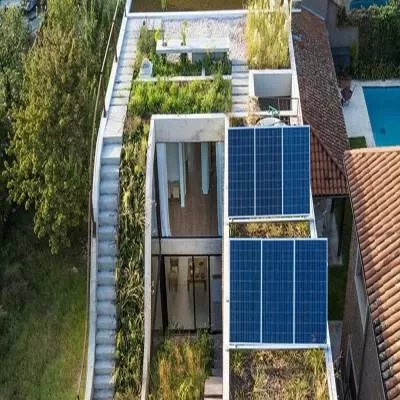Schedule a Call Back
Sustainable Housing: Mandatory Green Initiatives
 The Indian government has mandated that builders incorporate rainwater harvesting, solar energy, sustainability measures, housing societies, government directive, green infrastructure, builders' responsibilities, environmental conservation, sustainable housing practices, urban development, policy changes, eco-friendly living, renewable energy, water conservation. In an effort to promote sustainable development, builders must now ensure the installation of rainwater harvesting systems and solar panels in new housing societies. This directive aims to enhance water conservation and the use of renewable energy, reducing the environmental footprint of urban housing.
The Indian government has mandated that builders incorporate rainwater harvesting, solar energy, sustainability measures, housing societies, government directive, green infrastructure, builders' responsibilities, environmental conservation, sustainable housing practices, urban development, policy changes, eco-friendly living, renewable energy, water conservation. In an effort to promote sustainable development, builders must now ensure the installation of rainwater harvesting systems and solar panels in new housing societies. This directive aims to enhance water conservation and the use of renewable energy, reducing the environmental footprint of urban housing.
Rainwater harvesting involves collecting and storing rainwater for reuse, which helps in water conservation and reduces dependency on traditional water supply systems. Solar energy, a clean and renewable source, will be harnessed to provide electricity, reducing reliance on non-renewable sources and decreasing greenhouse gas emissions. These measures are expected to contribute significantly to the sustainability and self-sufficiency of housing societies.
The government?s directive is part of a broader initiative to promote green infrastructure and eco-friendly living in urban areas. By making these practices mandatory, the government aims to ensure that new housing projects contribute positively to environmental conservation and sustainability. Builders are now responsible for integrating these green practices into their project designs, ensuring compliance with the new regulations.
This policy change comes amid increasing concerns about environmental degradation and the need for sustainable urban development. The government has recognized that housing societies play a crucial role in urban ecosystems and must adopt practices that mitigate environmental impact. By incorporating rainwater harvesting and solar energy systems, housing societies can lead the way in promoting sustainable living.
Urban development, policy changes, eco-friendly living, renewable energy, and water conservation are key aspects of this initiative. The government?s move is expected to set a precedent for future construction projects, encouraging a shift towards more sustainable building practices across the country. Builders, architects, and urban planners are now tasked with innovating and implementing these green technologies to create more sustainable living environments.
In conclusion, the mandatory incorporation of rainwater harvesting and solar energy in housing societies marks a significant step towards sustainable urban development. This government directive not only aims to conserve water and reduce energy consumption but also sets a standard for future housing projects, promoting a culture of environmental responsibility and sustainability.


Subscribe Now
Subscribe to our Newsletter & Stay updated
RECENT POSTS
Popular Tags
Folliow us










